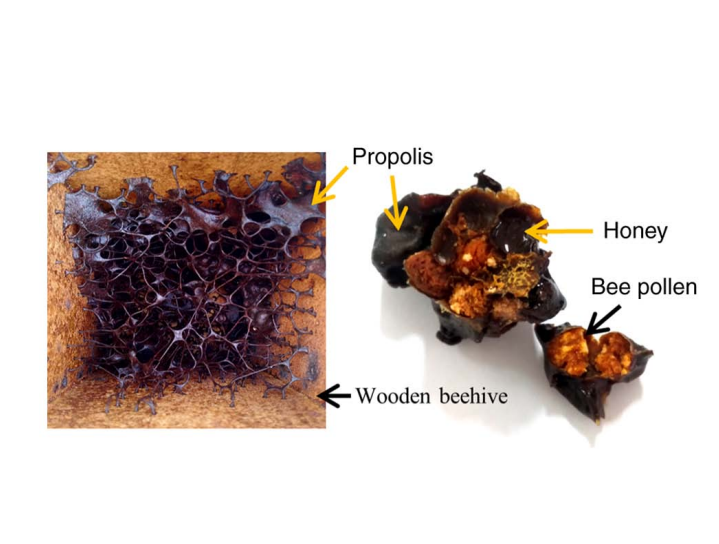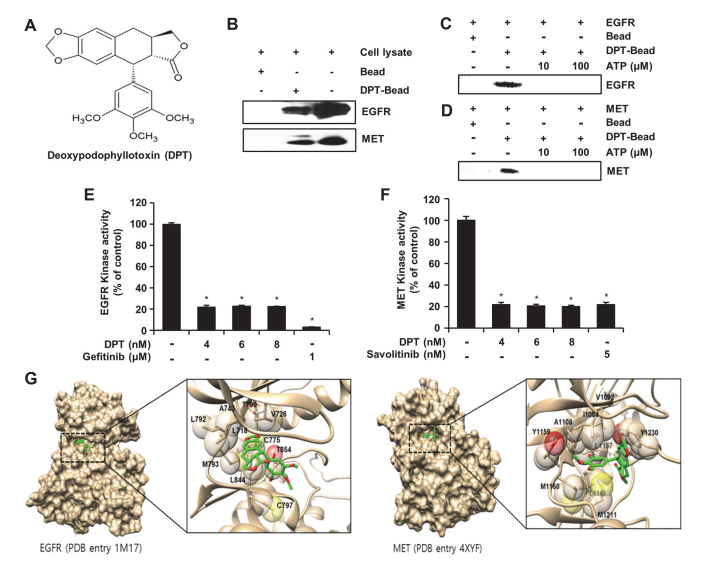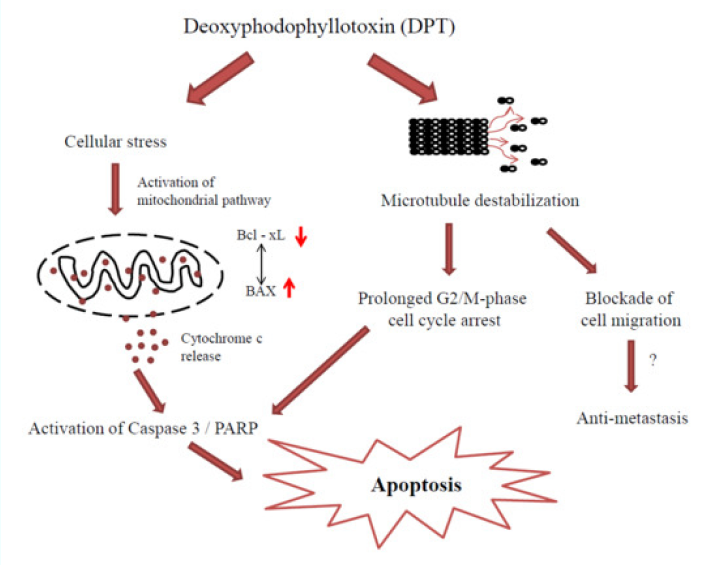Water soluble propolis and bee pollen of Trigona spp. from South Sulawesi Indonesia induce apoptosis in the human breast cancer MCF7 cell line.
12 Jan 2024 . 11:04

Bee products are best known as one of the beneficial natural products providing multiple pharmacological effects, such as antimicrobial, antiviral, anti inflammatory and anticancer effects MCF 7 cell line. The present study aimed to identify potent products derived from the stingless bee Trigona spp. from Luwu Utara (South Sulawesi, Indonesia), focussing on the water soluble extract of propolis and bee pollen, against the proliferation of the human breast cancer MCF 7 cell line. The results from DPPH (2,2 diphenyl 1 picrylhydrazyl) method of antioxidant assay revealed that water soluble propolis and bee pollen had high antioxidant activity, with half maximal effective concentrations against DPPH radicals of 1.3 and 0.4 mg/ml, respectively. Additionally, water soluble propolis and bee pollen exhibited a significant antiproliferative activity in MCF 7 cells, with IC50 values of 10.8±0.06 and 18.6±0.03 mg/ml, respectively (P<0.05). Significant cytotoxic effects were observed after 24 h of treatment via microscopic and flow cytometric analysis, where a morphological change toward late apoptosis was observed. By contrast, honey had low antioxidant activity and no antiproliferative effect in MCF 7 cells. The water soluble propolis also exerted its antiproliferative effect in the human keratinocyte HaCaT cell line. The antiproliferative activity was similar (P>0.05) at 24 and 48 h of treatment, with IC50 at 2.7±0.06 mg/ml and 0.4 mg/ml, respectively. Notably, bee pollen was less toxic to HaCaT cells after 24 h of treatment than the water soluble propolis, with IC50>50 mg/ml. Its antiproliferative activity was significantly increased after 48 h of treatment, with IC50 at 9.6±0.07 mg/ml (P<0.05). In addition, similar to other poplar propolis, the high performance liquid chromatography ultraviolet and electrospray ionisation mass spectrometry analyses revealed that caffeic acid phenethyl ester was not the main bioactive compound of the samples examined. Furthermore, two major proteins (between ~50 and 75 kDa) were identified in the water soluble propolis and bee pollen. The present results suggested that water soluble propolis and bee pollen may have the potential to be elaborated further as a breast anticancer therapy.
Artikel Lainnya

Deoxypodophyllotoxin Inhibits Cell Growth and Induces Apoptosis by Blocking EGFR and MET in Gefitinib-Resistant Non-Small Cell Lung Cancer
As one of the major types of lung cancer, non-small cell lung cancer (NSCLC) accounts for the majority of cancer-related deaths worldwide. Tr...

Deoxypodophyllotoxin Exerts Anti-Cancer Effects on Colorectal Cancer Cells Through Induction of Apoptosis and Suppression of Tumorigenesis
Deoxypodophyllotoxin (DPT) is a cyclolignan compound that exerts anti-cancer effects against various types of cancers. DPT induces apoptosis ...